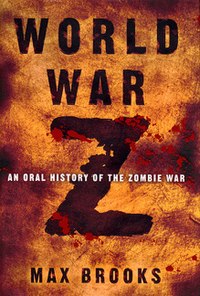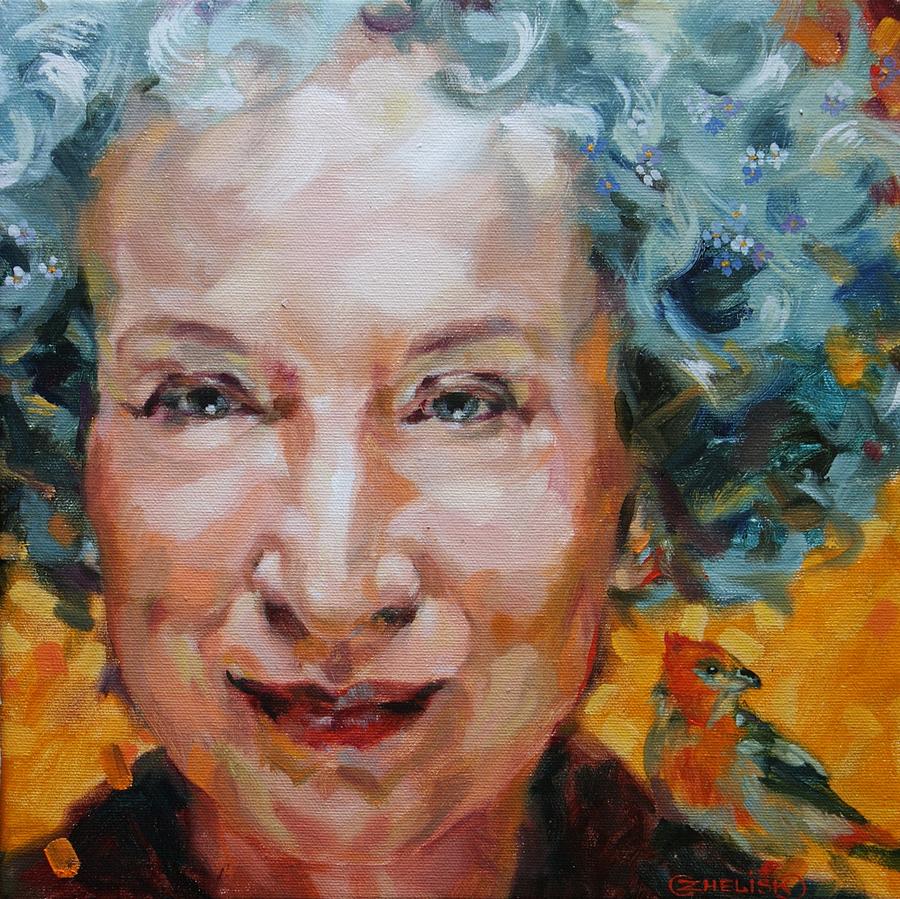Author: Max Brooks
Why I Read It: Because I am a hard core zombie fan. And it looked awesome.
First Line: It goes by many names: "The Crisis," "The Dark Years," "The Walking Plague," as well as newer and more "hip" titles such as "World War Z" or "Z War One."
First Impression: Wow. This is really well written. And a brilliant idea.
Last Impression: Huh. Didn't really think about the impact of zombies on the planet. Or if they could survive drowning or freezing. A little more political than I was anticipating, but great angle to cover in an apocalyptic scenario.
Ratings
Overall – 5 Heart Racing
Characters – 5 Each and every character was unique and entralling; from regional accents to realistic slang, their voices jumped off the page.
Story – 5 The zombie apocalypse has been told many times, in many ways, ranging from horrorific to comedic, but this approach was brand new. Brooks is skilled in crafting a fluid narrative from the piece meal approach of first person accounts
Narration – 5 The journalistic structure of this "oral history" is well-crafted. The reader is drawn further in through each of the eight sections and the question and answer framework
Read Again? Absolutely. Willingly. Excitedly. And certainly around Halloween.
Tell Others to Read? Yes. Just about everyone. You don't have to be a zombie or horror fan to love this book. Also, you should stay ahead of the curve and read it before the movie comes out.
Excerpt: Two hundred million zombies. Who can even visualize that type of number, let alone combat it? At least this time around we knew what we were combating, but when you added up all the experience, all the data we'd compiled on their origin, their physiology, their strengths, their weaknesses, their motives, and their mentality, it still presented us with a very gloomy prospect for victory.
The book of war, the one we've been writing since one ape slapped another, was completely useless in this situation. We had to write a new one from scratch.
Excerpt: Two hundred million zombies. Who can even visualize that type of number, let alone combat it? At least this time around we knew what we were combating, but when you added up all the experience, all the data we'd compiled on their origin, their physiology, their strengths, their weaknesses, their motives, and their mentality, it still presented us with a very gloomy prospect for victory.
The book of war, the one we've been writing since one ape slapped another, was completely useless in this situation. We had to write a new one from scratch.








